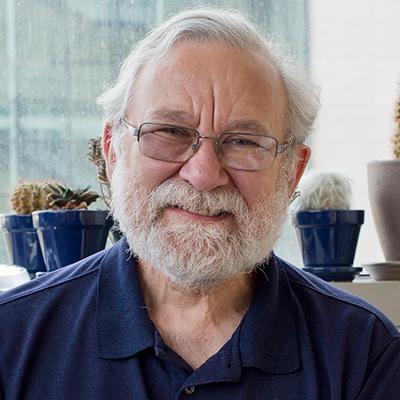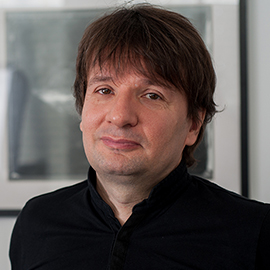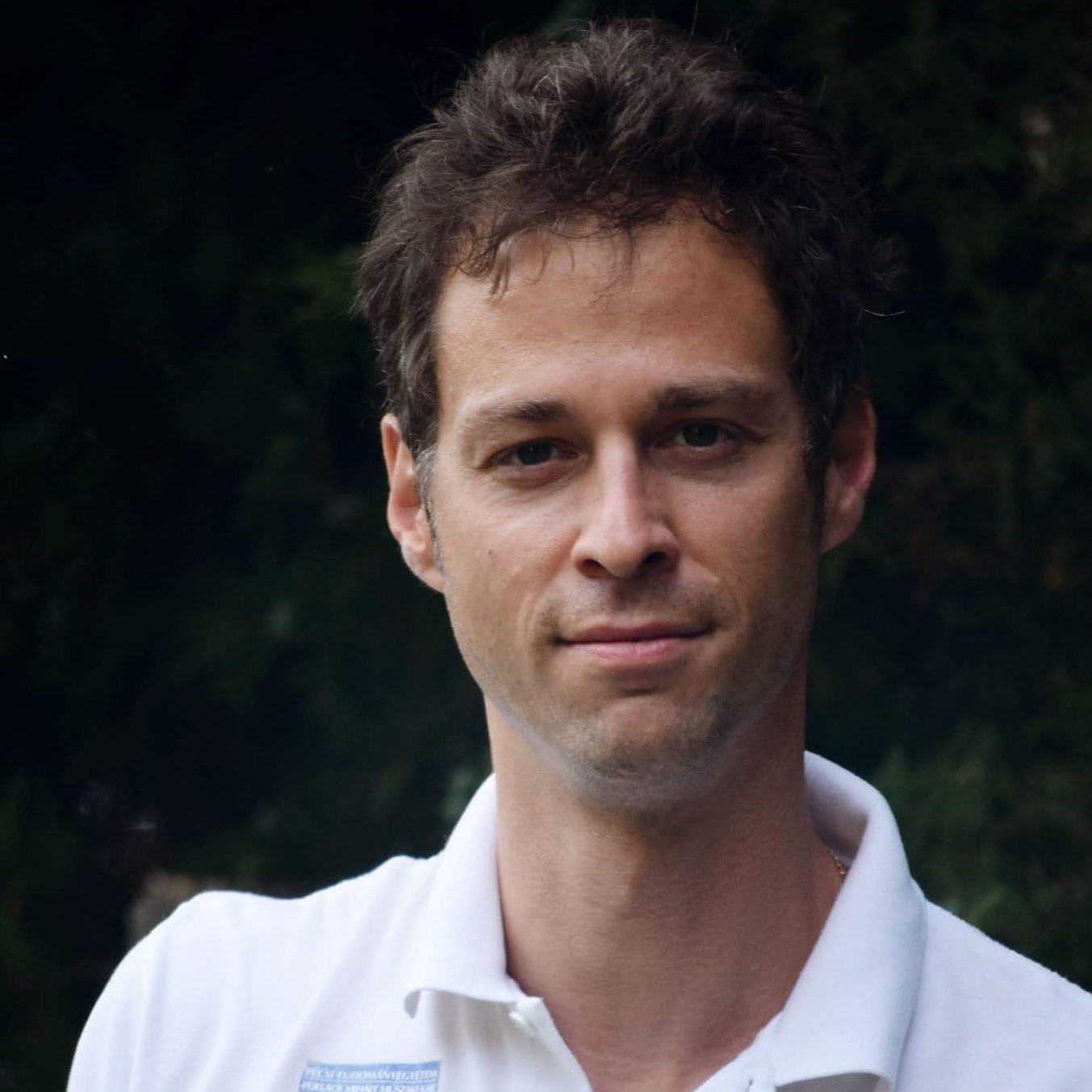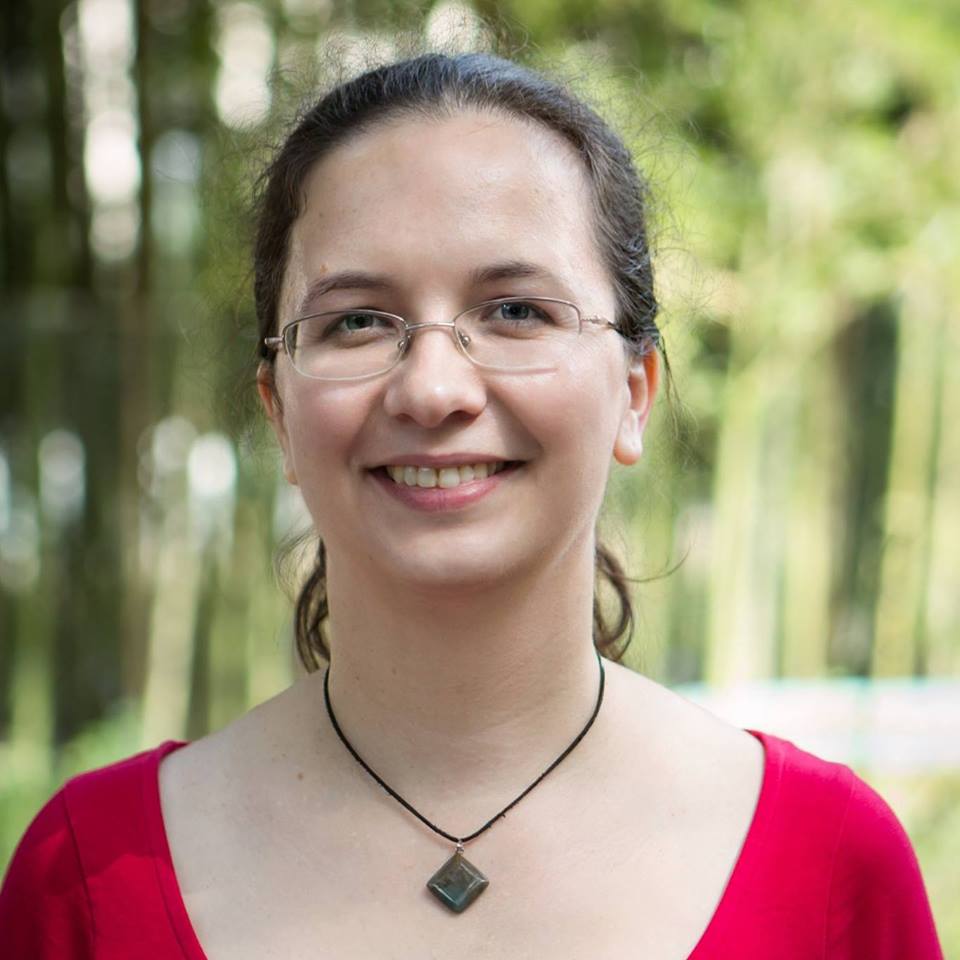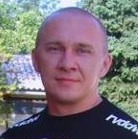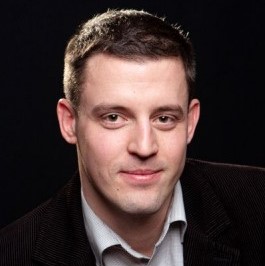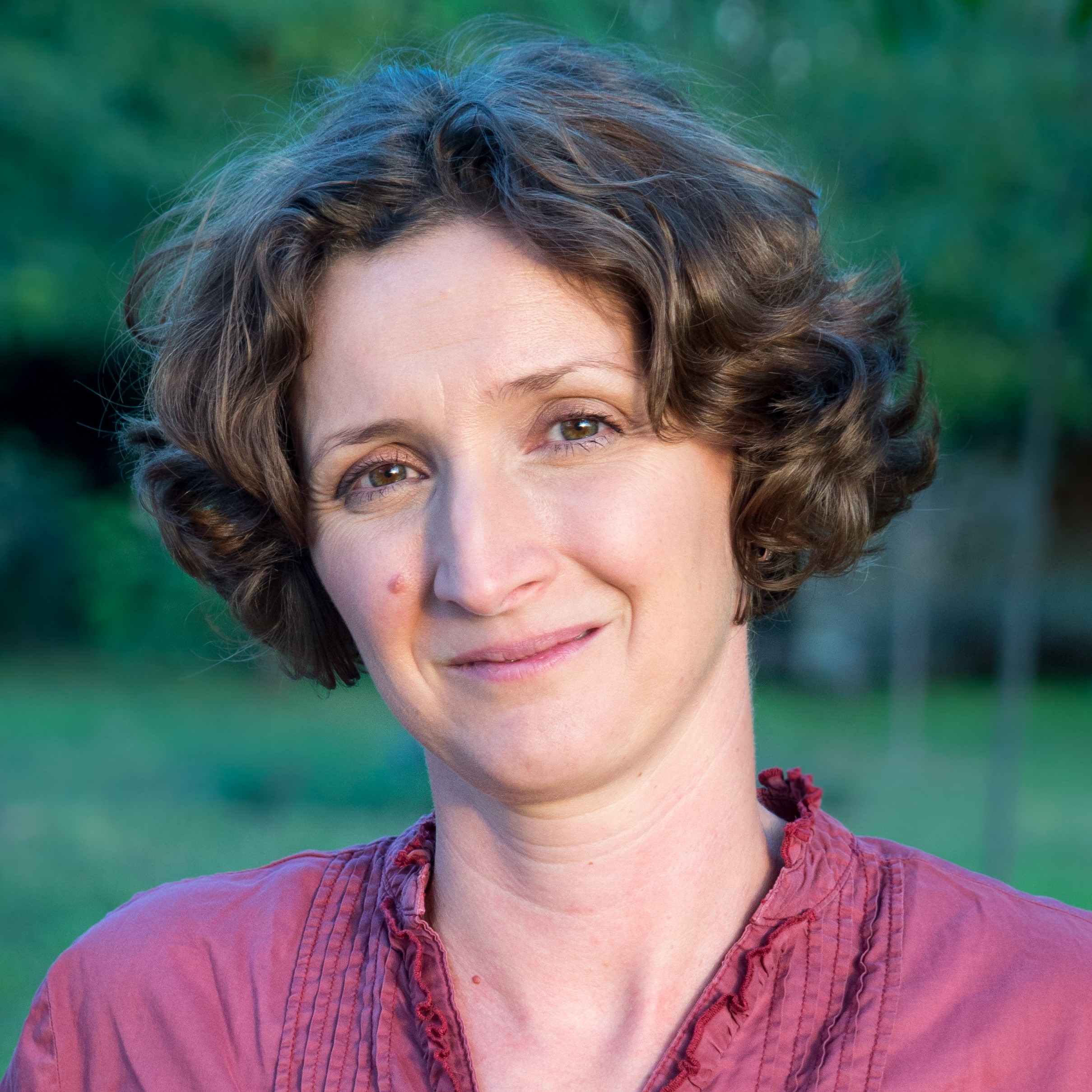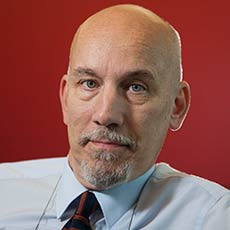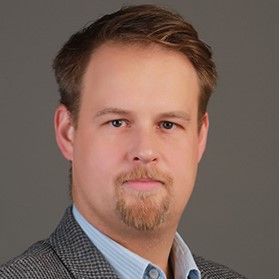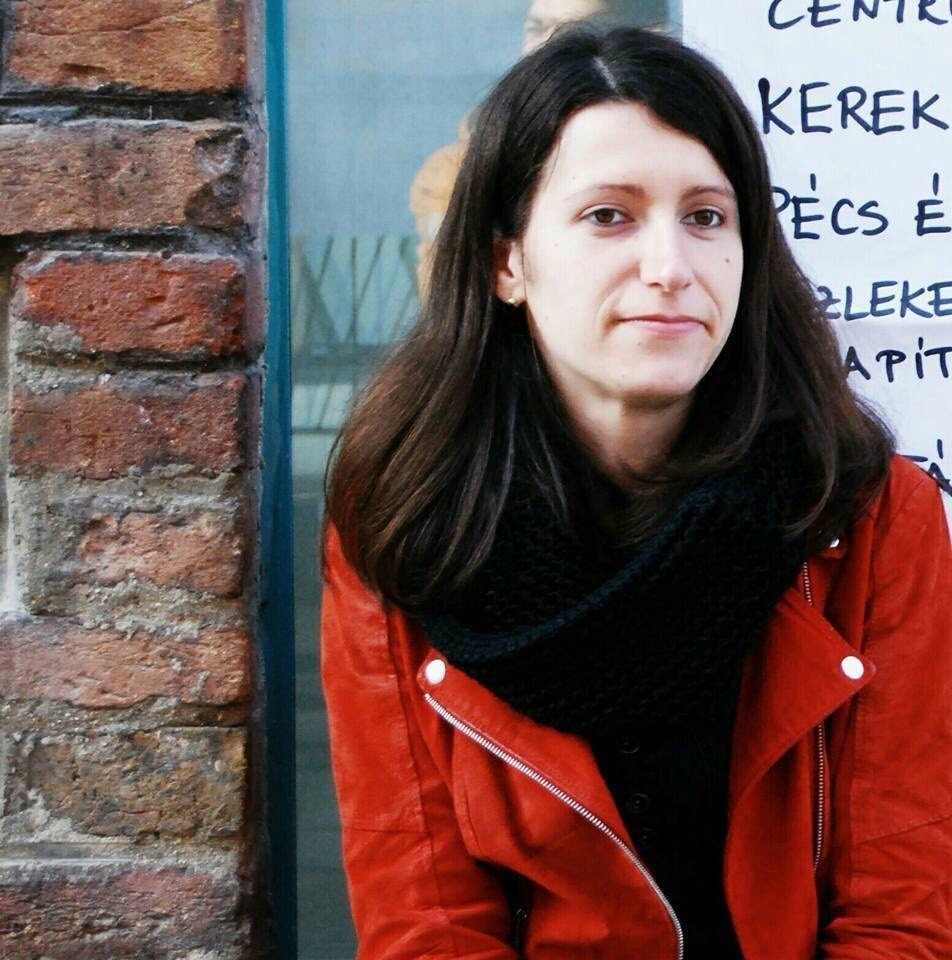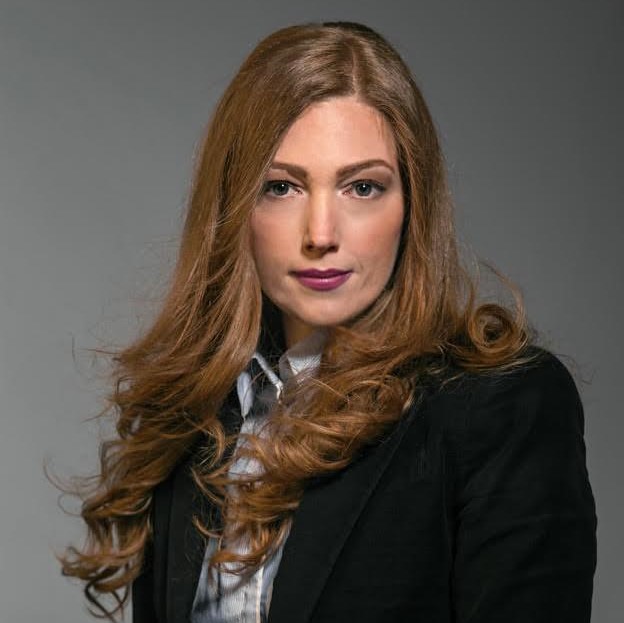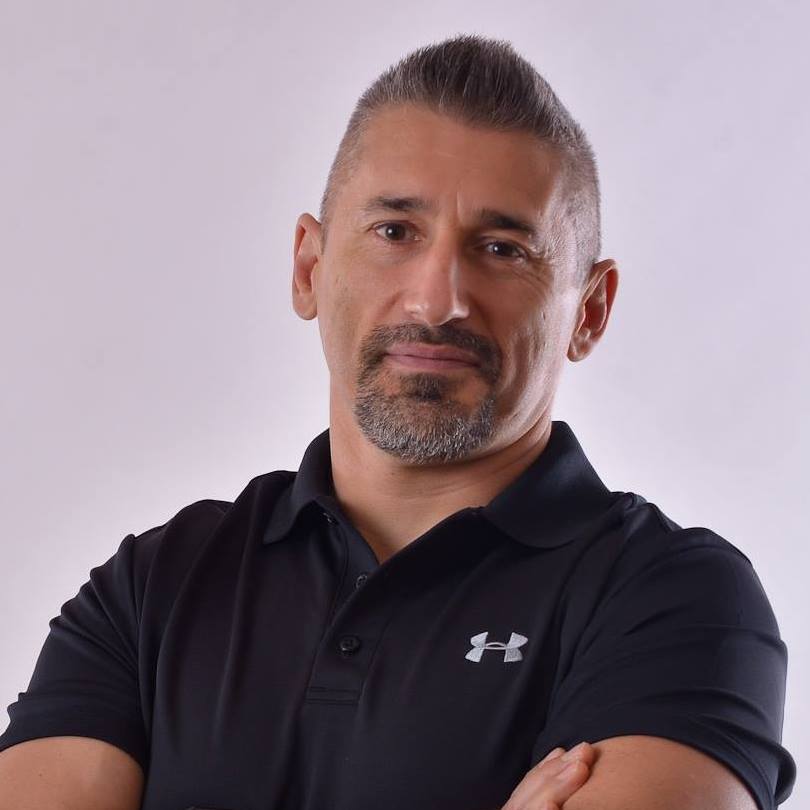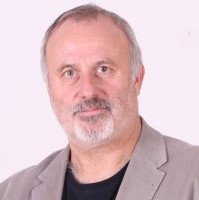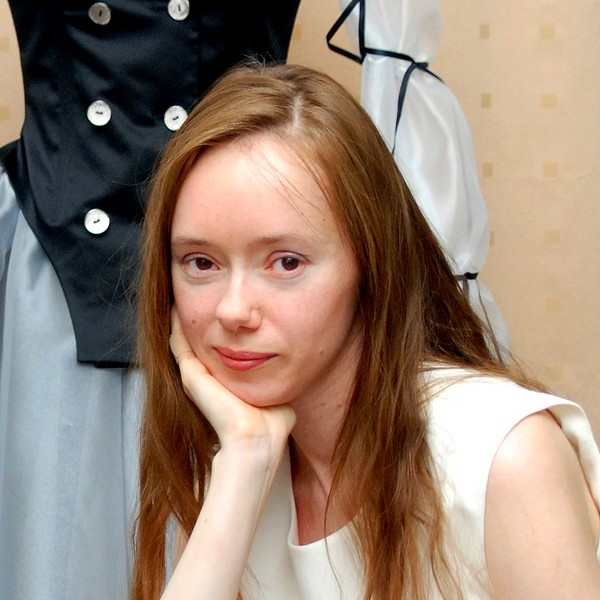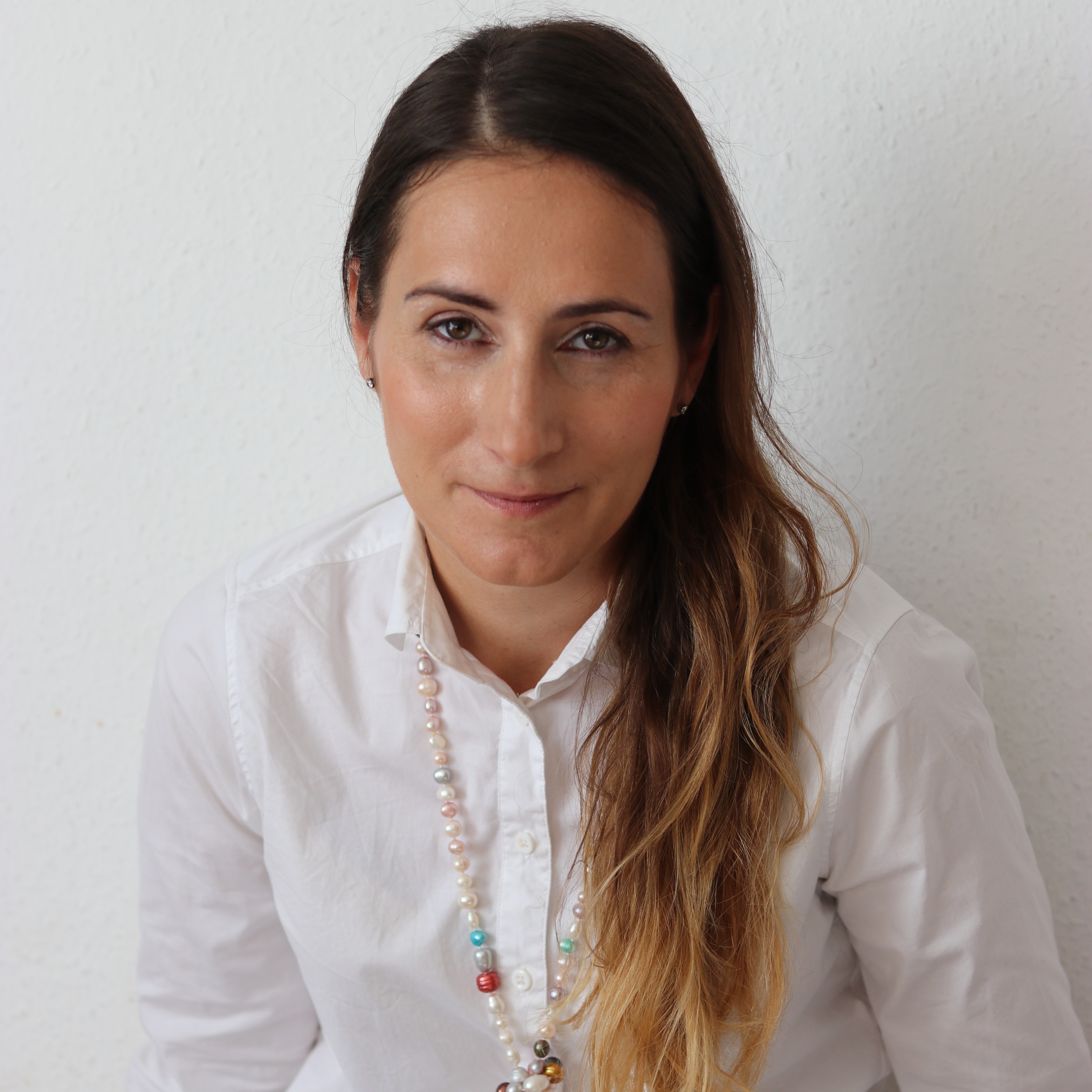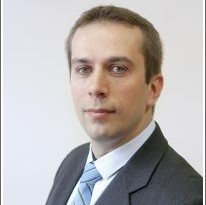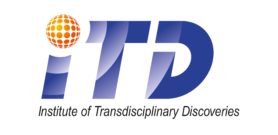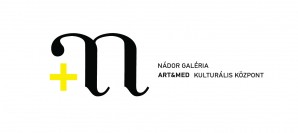Art of Ageing Conference and Festival
ABOUT THE EVENT
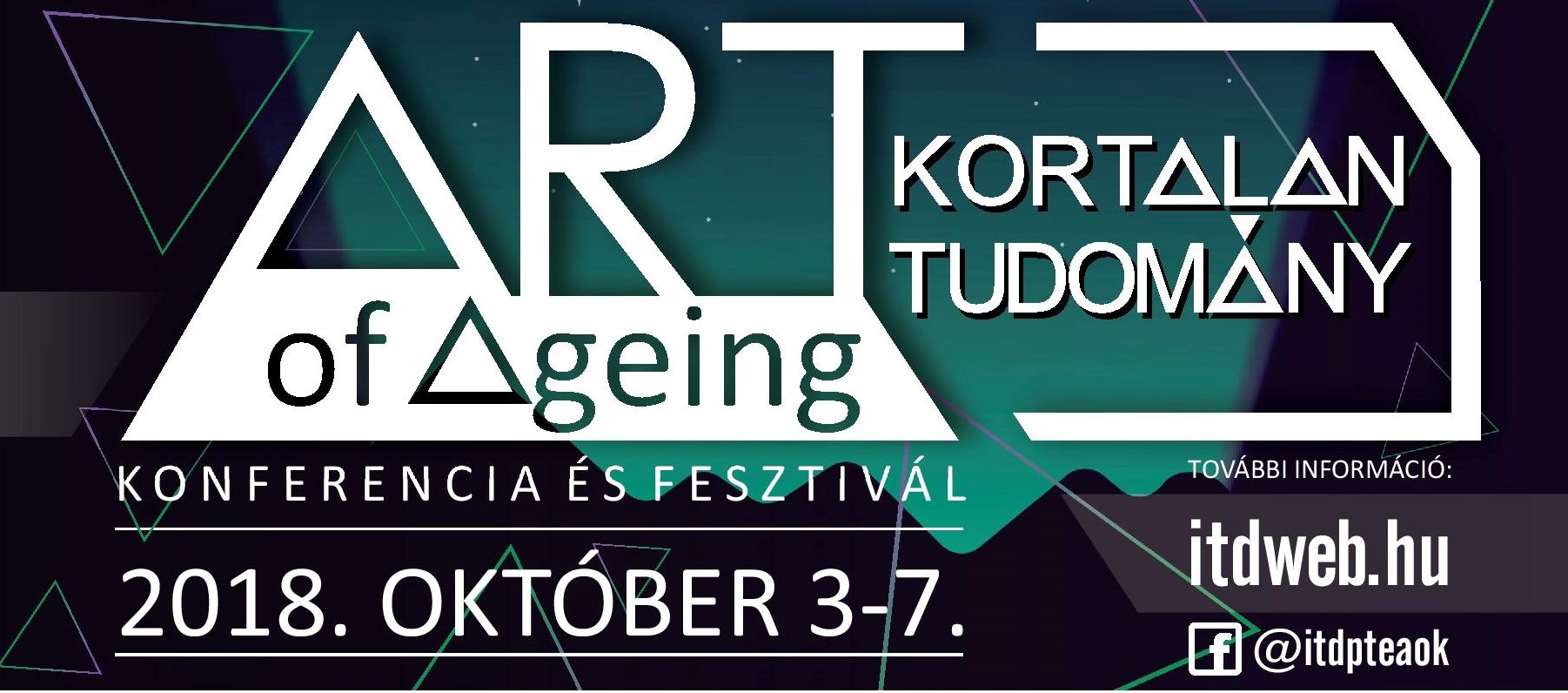
The Institute of Transdisciplinary Discoveries will organize the 1st International Transdisciplinary Conference at the University of Pécs in the period 3-7 October 2018, with international and Hungarian speakers and guests. In line with the Institute current research theme AGEING, the conference will explore various aspects of the ageing process, human, biological and material. To allow for a wider reach and responding to our transdisciplinary ethos, the presentations will aim at providing interesting, thought-provoking wider perspectives on the various themes. The scientific conference will be opened not only to the experts, but will invite also students and general public. So, we are encouraging anybody with an interest in science, reasoned debate and the ageing processes to join us for three days of public engagement with sciences.
ITD is honoured to host Professor Peter Walter as Keynote Speaker of the conference, the winner of the 2014 Shaw Prize, the 2014 Lasker Award, the 2015 Vilcek Prize, the 2018 Breakthrough Prize, and the 2018 Judd Award for Cancer Research.
The event is FREE to attend: –>Please REGISTER here<–
SPEAKERS
SESSIONS
______________________________________________________________
Date: 3rd of October 2018., Wednesday, afternoon session (time 14:00-20:00)
______________________________________________________________
CREATE THE FUTURE
Session chaired by József L. Szentpéteri, honorary university professor of University of Pécs, ITD (szentpeteri.jozsef@pte.hu)
Education should take us to the future we cannot grasp. Experienced people should create a beautiful and sustainable world for the upcoming generation and for ourselves as well. However, the future is absolutely unpredictable. Then how can we find the base for such idea? How can we be sure that what we are doing is right and youth will carry it on? No one can really respond to such questions, but experience comes with age and practice for sure. This session is about trying to answer the unanswerable through many different aspects, like fashion, generation dilemmas, education, economics, arts and psychology.
from 14:00 pm: Registration
15:00 pm: Welcome reception and news conference
Speakers:
- 16:30 pm: Adél Frank (Pécsi Kesztyű, Adele Frank Art&Design)
Theme and Title of presentation: FASHION-DURABILITY SUSTAINABILITY
Adél Frank (Pécsi Kesztyű, Adele Frank Art&Design)
Adél Frank is a fashion designer. Her acknowledged creations could be admired in London, Paris and Moscow along with Budapest and Pécs during 30 shows. She was awarded with Victor Vasarely Art Prize in 2014. Her costume collections are not for a season, but for up to 10 years, creating value and comfort at the same time. She also paints and writes in her spare time. For her paintings she is using a special seam-sewing application technique to create unique, 3D-effect images.
Her first book, „Mary Bride színrelép” is available for purchase at Móra-Líra bookstores.
- 17:00 pm: Enikő Bereczki (Youth- and generation expert, blogger)
Theme and Title of presentation: Do we need to be young and beautiful? – Youth and beauty cult in the digital age – the presentation focuses on the importance of beauty and physical appearance in the digital age – examining the influence of different social media platforms on how we – especially young people – see and esteem ourselves in the era of the internet and how it is reflected in our thinking, body image and self esteem. There will be also a brief introduction to the relevant elements of a recent motivational campaign called Dress Up!
- 17:30 pm: József Stefanovics (KSG [Kid’s Smart Gymnastics])
Theme and Title of presentation: The KSG method, as a bridge between coaches, trainers and movement therapists
I’ve been practicing Kyokushin Karate since 1985, I’m at 5 dan level at the moment. I have been a successful contestant for 15 years, and now the leader of one of the most successful national clubs called „Victory” and the captain of the national team. I graduated as a basic movement therapist at the beginning of 2000’s and I was teaching SNI students for over 10 years at the „Children’s Home” Elementary and High School. I have a lot of other qualifications in the field (Karate coach, FMS expert, DNA specialist, Strongfirst Kettlebell Team Leader, Kaatsu specialist …). As I experienced the effectiveness of the Basic Movement Therapy, I also recognized that such level of knowledge is not required for an average teacher, sport coach. I also noticed that this method does not give the opportunity to take the next step beyond everyday life towards sport, or even top performance. I train at many places, and a bottom-up demand emerged from the direction of coaches, so we established the Kid’s Smart Gymnastics Tutorial in 2016 in order to fulfill their needs.
- 18:00 pm – 18:30 pm: Coffee break
- 18:30 pm: Antal Zemplényi (Department of Healthcare Financial Management, Univ of Pécs)
Theme and Title of presentation: Economic evaluation of integrated healthcare models
There is a growing number of elderly people with multiple chronic illnesses in Europe and worldwide, which in the future is likely to put a considerable burden on the health care system and its funding. By synchronizing the health- and social care system providers and by adequately coordinating their activities, the capacity of the system can be more effectively utilized and patient satisfaction can be improved (e.g. less waiting, ensuring the continuity of service). An EU-funded research program (SELFIE 2020) examines which integrated care models in Europe are actually giving value to patients and tries to establish a unified evaluation methodology that allows patients, healthcare funds or policymakers to get an objective picture of how this model works. This can also help to decide which models from Western Europe are worth to take as an example and be customized to use in Hungary. The presentation will include some of these models, the evaluation methodology and the possibilities and aspects of domestic adaptation.
- 19:00 pm: Fusz György (PTE Faculty of Arts)
Theme and Title of presentation: Concentrated time
Art is concentrated time where real time modifies into personal time. Through this transubstantiation it reflects to our age in which we all exist. The three speakers will present this topic from their own different viewpoints.
- 19:30 pm: Andreas Héjj (PTE, Faculty of Humanities)
Theme and Title of presentation: Fear of getting old? – Healthy and active aging!
This contribution will examine the fallacies depicting old-age as an unavoidable deterioration. We will discuss why self-fulfilling prophecies are so dangerous and how we can protect senior citizens from developing learned helplessness. By presenting the stimulating physiological effects of two traditional natural methods – not in the least feeding the pharma industry – the speaker’s aim is to help pave the way for everyone to fulfil his/her years in the best possible health and joy.
______________________________________________________________
Date: 4th of October 2018., Thursday, morning session (time 9:00-12:00)
______________________________________________________________
Keep it Fresh!
Symposium organised by Prof. Attila Sik (sik.attila@pte.hu) and Dr. Emil C Toescu (e.c.toescu@bham.ac.uk) (ITD, Pécs, Hungary and Birmingham Uni, UK)
It is one of the facts of life that with the passing of time, there is a subtle but measurable change in cognitive performance. That is nothing to be worried about, and the brain and its neurones are one of the most age-resilient organs in the human body. Furthermore, intense research in the field of normal ageing, has revealed that there are a number of simple, natural interventions, such as maintained physical exercise and nutrition, that can reduce the effects of ageing on cognitive performance. The speakers in this international symposium will present some of the evidence for these observations and discuss some of the implications for the general population.
from 8:00 am: Registration
Speakers:
- 9:00 am: Eszter Farkas (University of Szeged)
Theme and Title of presentation: Counteracting vascular impairment in the ageing brain
I have received my PhD degree at the University of Groningen, the Netherlends, where my research focused on cerebrovascular risk factors for dementia. My current reserach interest is the pathophysiology of ischemic stroke. At present, I am an Associate Professor at the Department of Medical Physics and Informatics, University of Szeged.
- 9:30 am: Zsófia Anna Gaál (Hungarian Academy of Sciences)
Theme and Title of presentation: Change and changeability of cognitive functions with ageing
Ageing involves the deterioration of cognitive functions. But it does not mean that we will become senile and incapable to make decisions when we grow old. Some of the questions I ask myself as a researcher in cognitive science are: Which cognitive functions are affected and which functions remain intact? Are these changes reversible or can we compensate for them? When we get similar performance of young and older adults, do the same processes happen in the brain? Is it possible to convert deteriorating functions to be advantageous? What can be deduced from research results for everyday life? The talk will cover these questions.
- 10:00 am: Emil Toescu (University of Birmingham)
Theme and Title of presentation: Keep it Fresh!; Substrates for cognitive impairment in the aged
A neuroscientist at Birmingham University, exploring the substrates and mechanisms that explain the process of normal ageing and the age-associated cognitive impairment. Also interested and active in public engagement with science and science communication. Contributing also to the development of an academic curriculum that attempts to bring together, in an interdisciplinary fashion, sciences and humanities.
- 10:30 am – 11:00 am: Coffee break
- 11:00 am: Janet Whitall (University of Bath, UK)
Theme and Title of presentation: Title: REACT – The REtirement in ACTion study
During old age, there is a population-wide transition towards frailty and cognitive decline resulting in increased demand for health and social care services. There is increasing evidence that improving fitness and muscle strength can positively impact and potentially delay physical transition but the evidence relating to cognition is more mixed. Twenty-seven REACT intervention groups each of 15 people, are currently receiving aerobic, muscle-strengthening, flexibility and balance group exercise sessions over 52 weeks. Key outcome measures include the Short Physical Performance Battery (SPPB), the Montreal Cognitive Assessement (MoCA) and the computer-based Healthy Minds Questionnaire. In addition, the University of Oxford’s Centre for functional MRI of the Brain are testing the effects of exercise interventions on brain structure, function and cognition using Magnetic resonance imaging (MRI) scanning. This is one of the first studies worldwide to use such advanced measurement tools to investigate the impact of exercise on cognition and this is the first international presentation of REACT baseline data.
- 11:30 am: Costas A. Anastasiou (Harokopio University, Athens, Greece)
Theme and Title of presentation: Mediterranean diet and cognitive health – results from the Hellenic longitudinal study
I am currently a senior research associate at the Department of Nutrition and Dietetics, Harokopio University, Athens, Greece, working in collaboration with the Medical School of the National and Kapodistrian University of Athens, Greece. My current interests are focused on the effects of diet, physical activity and other lifestyle parameters on ageing, with emphasis on cognitive and functional impairment. I am a research member of the HELIAD study, a longitudinal investigation on ageing and diet in the Greek population.
- 12:00 am: Lunch time
______________________________________________________________
Date: 4th of October 2018., Thursday, afternoon session (time 13:00-16:00)
______________________________________________________________
Nowadays the fashionable “innovation” and “startup” phrases are used in our daily communication, we hear them from the media almost every day. But are we really aware of their meaning? Do we know a person, a business, or invention that really matches the above mentioned terms? With regard to the lectures of the section, the audience can understand what is the real innovation, how to transform an idea to a startup throughout local examples, innovative developments that can be connected to Pécs or its surroundings. After the session you will be able to have a pleasant conversation as well as having all your questions answered by the lecturers. Come and listen, be a part of it – the ITD team welcomes you!
Speakers:
- 13:00 pm: Szilvia Nyers (PTE Institute of Social Relations)
Theme and Title of presentation: From altruism to a new type of volunteering, so you can never get superannuated
Our behavior, verbal and non-verbal communication often tells us more about our time than a number. At the same time, we try to keep our youth in a number of ways, which is the determining ingredient of activity. As a matter of fact this is a good example of the spread of the new type of volunteering in Hungary, and of course the numerous volunteer exercises in Pécs. So we can say that you can never get superannuated.
- 13:30 pm: Péter Lakatos (KaaTsu)
KaaTsu master trainer. Performance expert. Athlete, brazilian jiu jitsu black belt.
Theme and Title of presentation: KaaTsu in antiaging.
- 14:00 pm: Géza Várady (Univ of Pécs, Faculty of Engineering and Information Technology)
Theme and Title of presentation: Collaborative robots for healthy ageing
- 14:30 pm – 15:00 pm: Coffee break
- 15:00 pm: Háber István (Univ of Pécs, Faculty of Engineering and Information Technology)
Theme and Title of presentation: Automatic medical image processing for reducement of rehabilitation interval
- 15:30 pm: Péter Weisz – Fotelgazda – business from idea
Theme and Title of presentation: Fotelgazda is a 21st century way of online farming where the participant can “produce” real products.
We can track the production process at any time on our smart device and check what’s going on in the real farm behind the virtual space. It is enough to become a Fotelgazda to take part in this extraordinary community, to follow the growth of our animals, our fruits, and to experience success in no time. We can enjoy our products or sell them online. The lecture informs the audience about this revolutionary new idea.
______________________________________________________________
Date: 5th of October 2018., Friday, morning session (time 9:00-12:30)
______________________________________________________________
TRANS-IT!
Session organised by Csilla Sipeky, Associate Professor (csilla.sipeky@utu.fi) (University of Turku, Finland)
Ageing is the normal sequence of life and one of the global challenges of our society. Although, our understanding of the ageing has increased considerably over the time, there is still a lot to uncover.
Inter-, multi- and TRANSdisciplinary approaches can be applied to discover mechanisms behind ageing (Attila Sik, Professor).
In addition, ageing is associated with higher prevalence of non-communicable, chronic and neurodegenerative diseases, thus increased number of used drugs complicates the situation (Andras Fittler, Associate Professor).
Recent studies showed that for example sport and physical activity helps in active ageing in order to enhance quality of life with passing of the time (Marta Wilhelm, Professor).
Furthermore, modern information technology (IT) and artificial intelligence (AI) are unexpected tools in improving the quality of the personal experiences even in blindness (Szilvia Walter, EVA Vision).
In an effort to uncover secrets of ageing, proteins were found to play a key role. Pure, curiosity-driven research in discovering novel strategies to combat aging and disease, uncovers how single cells of human body maintain the quality of their internal components. It also illustrates that science, like art, dynamically exploring new opportunities that are intrinsically unpredictable (Peter Walter, Professor).
In this session, speakers of different scientific disciplines will talk about discoveries helping to understand different aspects of ageing and TRANS-IT.
from 8:00 am: Registration
Speakers:
- 9:00 am: Attila Sík (Institute of Transdisciplinary Discoveries, Univ of Pécs)
Theme and Title of presentation: Multi, Inter or Trans?
When we consider interactions between disciplines we often use buzzwords, like Interdisciplinary, Multidisciplinary and so on. The interaction between the scientific field, society and business field, called transdisciplinarity, is considered as the most complex form of collaboration. The talk will introduce the forms of communication linking these fields and briefly describes the activity and future plans of the newly established Institute of Transdisciplinary Discoveries.
- 9:30 am: Marta Wilhelm (Institute of Sport Sciences and Physical Education, Univ of Pécs)
Theme and Title of presentation: The sprinkler of the youth: sport and physical activity in ageing
Healthy ageing is a big challenge in the modern society, since the environment around us mostly suppresses the need or will for physical activity, controlled diet and lifestyle. In these circumstances active leisure, sports are the major influencing biological and psychologyc factors modifying ageing and well being. The short introduction of these factors and life strategies in different countries are the main topics of this lecture.
- 10:00 am: András Fittler (Department of Pharmaceutics and Central Clinical Pharmacy, Univ of Pécs)
Theme and Title of presentation: Medication safety challenges in the aging population
Dr. Andras Fittler is the associate professor of the Department of Pharmaceutics University of Pécs Faculty of Pharmacy, and teaches pharmacy students in Hungarian and English language His field of research focuses on the health and economic issues of online drug distribution, internet pharmacies and falsified medicines.
- 10:30 am – 11:00 am: Coffee break
- 11:00 am: Szilvia Walter – European Business Summit, Innovator of the Year 2018, Brussels (EVA Vision, Hungary)
Theme and Title of presentation: Importance of Micro-navigation Services in Mobility Aids Designed for the Blind
Blind and visually impaired people experience difficulties while navigating in busy, urban landscapes. Cities appear to be a hostile environment for the blind; e.g. crowd, noise, vehicles, smells, street names to remember, and several other constantly changing features. EVA represents a breakthrough tech solution as a wearable navigation tool for the blind
and visually impaired, enables them smart and safe urban mobility, accessibility to new places, the freedom of independence, solving the biggest challenge of the blind: ‘fear to mobility’.
- 11:30 am: Peter Walter – THE winner of 2018 Breakthrough Price in Life Sciences – Silicon Valley (Howard Hughes Medical Institute and Department of Biochemistry and Biophysics, University of California at San Francisco, San Francisco, California, USA)
Theme and Title of presentation: The Art of Protein Origami
Proteins are the molecular machines, beautifully sculpted from linear chains of only 20 different building blocks. They carry out virtually every function in a living cell. Proteins have to be properly shaped to carry out these tasks accurately, and cells therefore carefully monitor their folding and assembly. A typical human cell makes ~1.5 million of new proteins every minute of some 10,000 different kinds. Given this vast flux and diversity, it should come as no surprise that a portion of newly made proteins fail to fold properly. When faced with too many mistakes, a cell first increases its protein folding capacity. If that measure does not successfully correct the defect, however, then the cell triggers a suicide program killing itself. Cell suicide protects the rest of an organism from rogue cells that harbor potentially harmful, malfunctioning protein machinery. Importantly, the cell’s life-death decision connects to a plethora of different human conditions, including normal aging, as well as many age-related diseases such as neurodegeneration, diabetes, and cancer. Our increased understanding at the molecular level of how a cell monitors the quality of its proteins — and how we can now manipulate the cell-fate decision pathways with small, drug-like chemicals — promise novel avenues for therapeutic intervention. This work powerfully underscores the intrinsic value of pure, curiosity-driven research in discovering novel strategies to combat aging and disease. It also illustrates that science, like art, advances along meandering paths, dynamically exploring new opportunities that are intrinsically unpredictable.
______________________________________________________________
Date: 4-7. of October 2018., Thursday afternoon (from 17:00 pm), Friday afternoon (from 15:30 pm), Saturday (all day) and Sunday (11:00-19:00)
______________________________________________________________
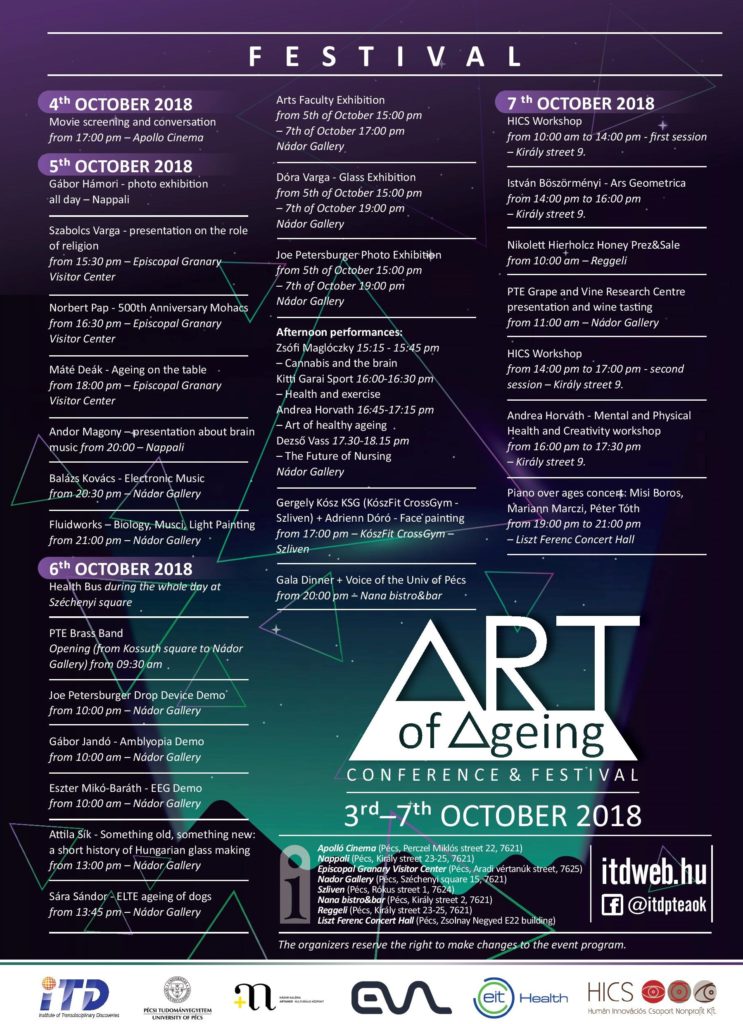
CONFERENCE VENUE
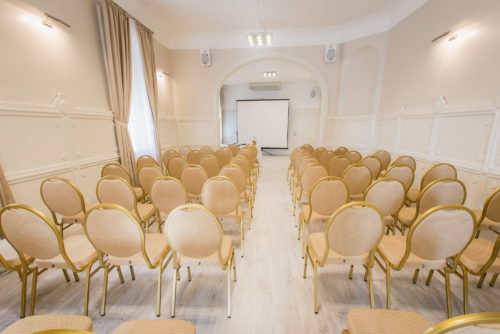
NEWSLETTER
Would you like to get more info
about our event?
Subscribe to our newsletter!



